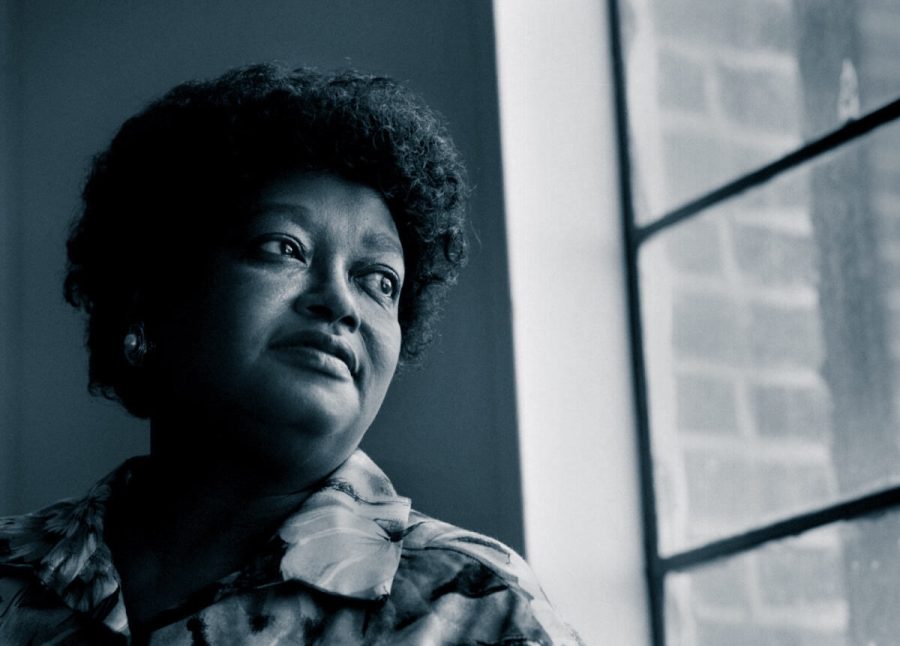Before Rosa Parks, There Was Claudette Colvin
February 22, 2022
Many believe that Rosa Parks was the first black woman to refuse to give up her seat in the segregated-America that was the 1950s. However, nine months prior to Parks’ refusal sat a fifteen-year-old girl in Montgomery, Alabama who refused to give up her seat in a segregated bus. Although she sat in the “colored” section, the bus began to become overcrowded in the white section and African Americans were forced to give up their seats. However, she did not budge. Her name? Claudette Colvin.
Colvin attended Booker T. Washington High School, relying on public transportation because her family could not afford a car. She was a member of the NAACP Youth Council and lived with her aunt and uncle due to the abandonment of her father and her mother unable to provide for her and her siblings.

After her refusal, Colvin was arrested on multiple charges including for violating the segregationist laws at that time. Colvin retells the time of when she sat in the jail, stating: “I was really afraid, because you just didn’t know what white people might do at that time.”
“Whenever people ask me: ‘Why didn’t you get up when the bus driver asked you?’ I say it felt as though Harriet Tubman’s hands were pushing me down on one shoulder and Sojourner Truth’s hands were pushing me down on the other shoulder. I felt inspired by these women because my teacher taught us about them in so much detail,” Claudette Colvin stated.
Many have wondered why Claudette’s story did not receive the attention that Rosa Parks’ story did. Perhaps Rosa Parks portrayed a greater “desirability” to the movement, being a light-skinned woman and also being older with a job.
“I feel very, very proud of what I did,” she said. “I do feel like what I did was a spark and it caught on. I’m not disappointed. Let the people know Rosa Parks was the right person for the boycott. But also let them know that the attorneys took four other women to the Supreme Court to challenge the law that led to the end of segregation.”
While we continue to celebrate the contributions of African Americans during Black History Month, let us not forgot about the unwritten history that has turned the tides of our country.

